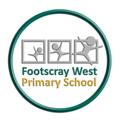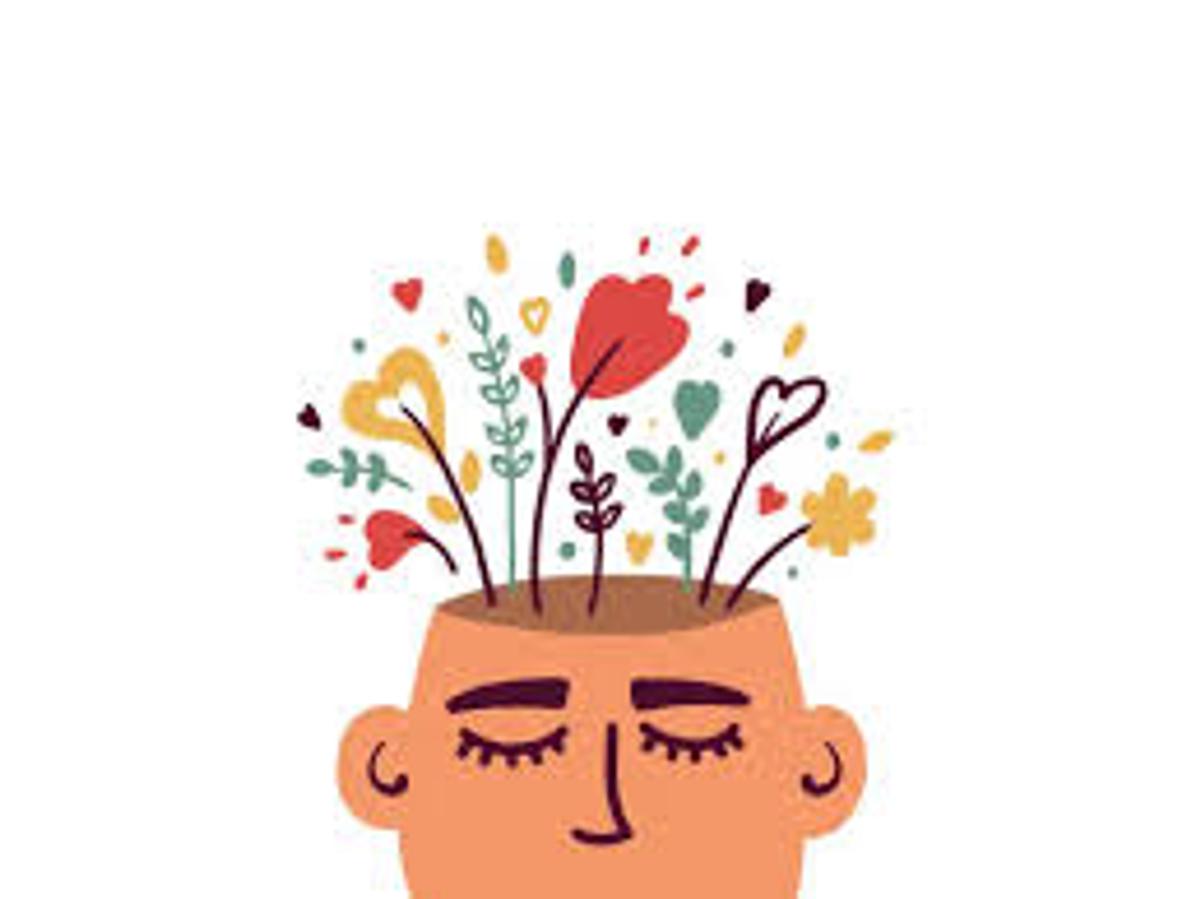Wellbeing & Inclusion News

Wellbeing Tips for Primary School Kids
Put simply, our kids’ wellbeing is a combination of their physical, mental, emotional and social health. And because a range of different elements contribute to their wellbeing, there are a bunch of activities we can do with them, role model for them and teach them, to improve it. Developing wellbeing is more than ensuring the absence of ill-health, it’s about taking action to adopt thinking and behaviour patterns that researchers have shown to foster flourishing physical and mental health.
Here are five practices that you can put into action to enhance your kids’ wellbeing:
- Get them outside and moving! Australian kids are some of the least active in the world, with as few as 1 in 5 meeting the recommended 60 minutes of daily exercise. There’s so much we can do! Park further from school at drop off and pick up – ease the traffic congestion (because we all know what school parking is like!) and increase their daily exercise at the same time; stop at the park on the way home or head outside after bags are unpacked and have a bounce on the trampoline.
- Create plenty of opportunities for your kids to foster positive connections with their friends, family and of course with you! Positive social relationships not only enhance kids’ wellbeing but are key to their future wellbeing as adults as well. Time spent with friends helps our kids to develop social skills including sharing, compromise, listening and conflict resolution.
- Keep screen time to a minimum - I know, easier said than done! Kids love screens, but we’re the parents and we can work with our kids to create clear and consistent limits. Kids aged 2-5 are recommended to have one hour of screen time per day and two hours a day max for 5-12 year olds. Assuming kids are watching appropriate material and lying on their tummies to use tablets (helps reduce neck strain), the risks of screen time largely relate to what kids are NOT doing while using them such as being active, chatting, reading, playing creatively and sleeping. Kids also need to get bored!
- Help your kids develop mindfulness skills. Mindfulness is about paying attention in the present moment, letting thoughts come and go without getting caught up in them. That’s it. Sounds easy, but like any skill it takes time and practise. It gives kids’ overstimulated minds a rest! A regular mindfulness practice will also help them to regulate their attention and their emotions; and teaches them to create a lifelong practice of taking time out to become calm, content, relaxed and in the moment. The Smiling Mind app has age-appropriate mindfulness meditations; also, a lovely mindfulness practice is to lay down with the kids, eyes closed and take time out to breathe naturally while everyone tunes in their ‘Spidey senses’ to all of the sounds around them.
- Last but not least – ensure your kids get ample sleep. Primary school kids need 10-12 hours per day. Often, what helps enormously is establishing clear and consistent routines including no screen time one hour before bed, a ‘wind-down’ routine which may include a bath / shower, being read a book and then quiet reading before lights out. Taking time to chat with your kids before bed or encouraging them to reflect on what they’re grateful for is also a great way to help them decompress and get a restful night’s sleep.

